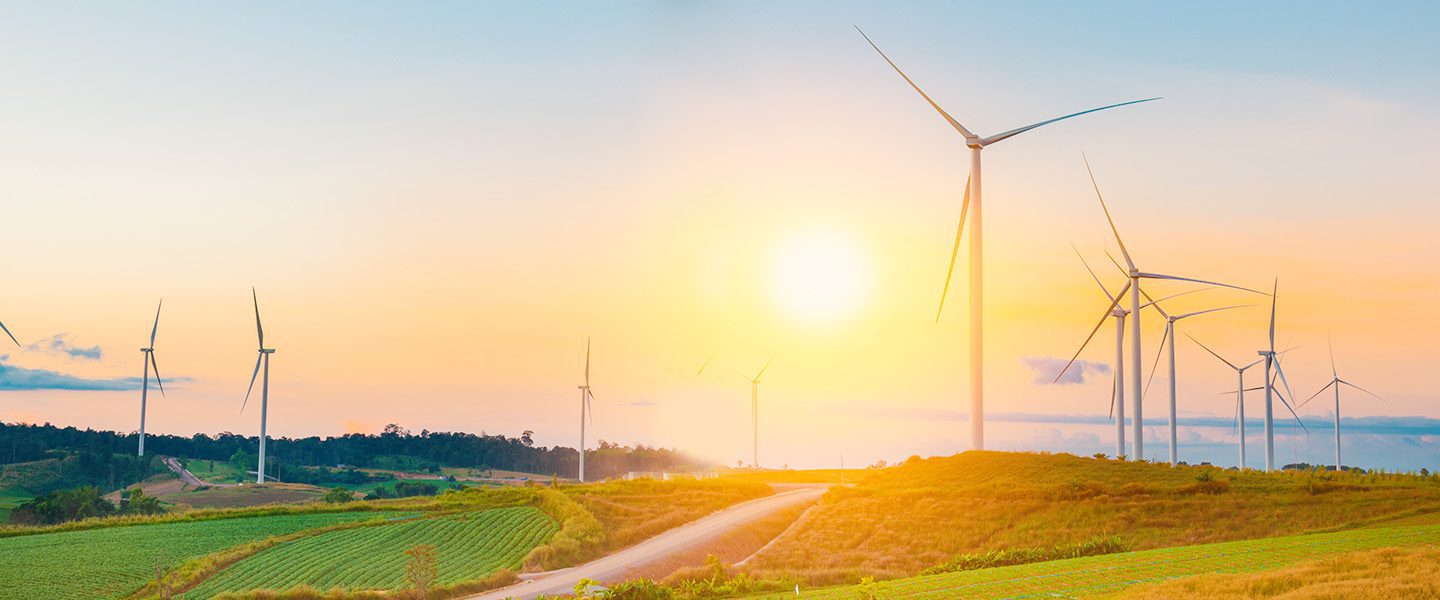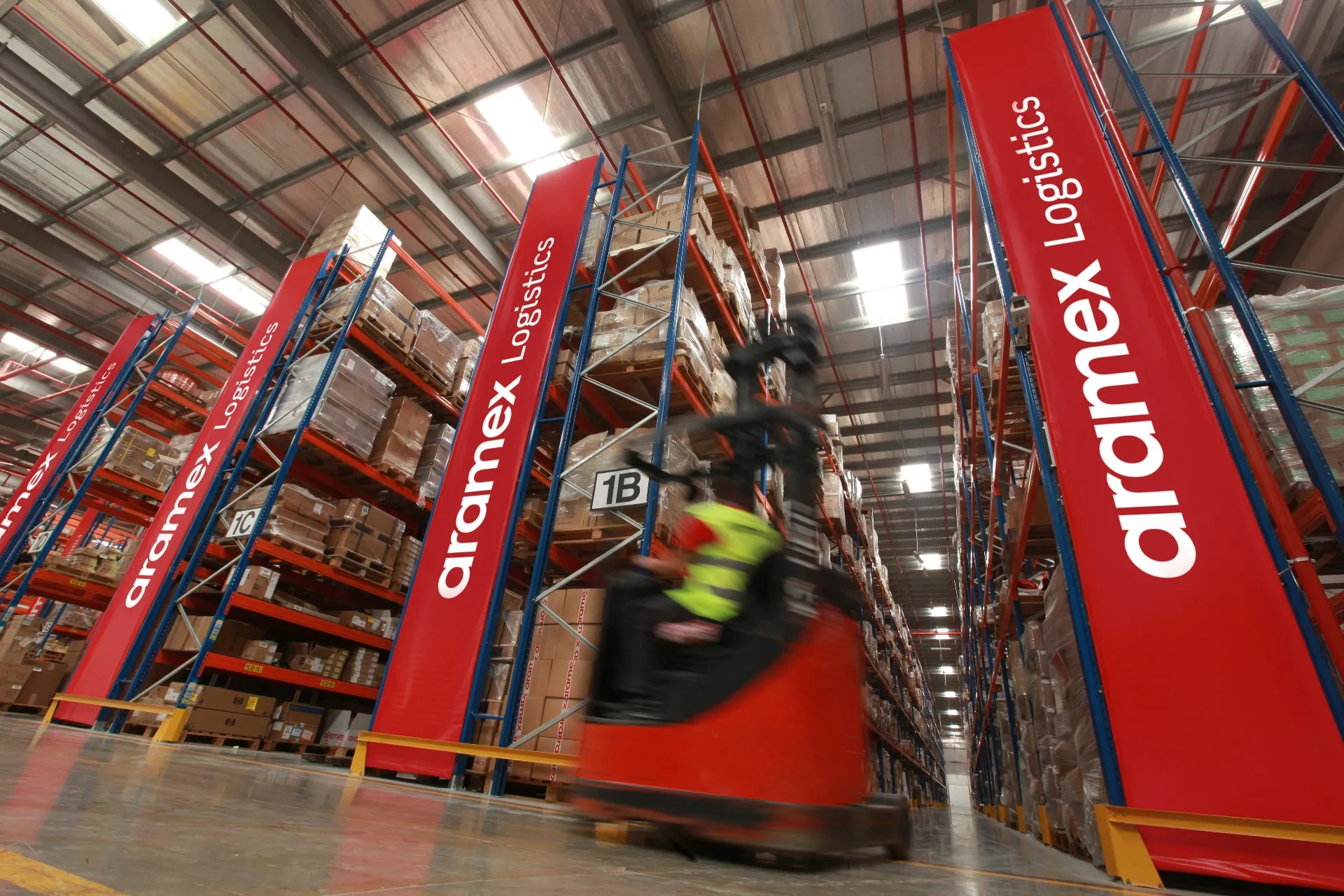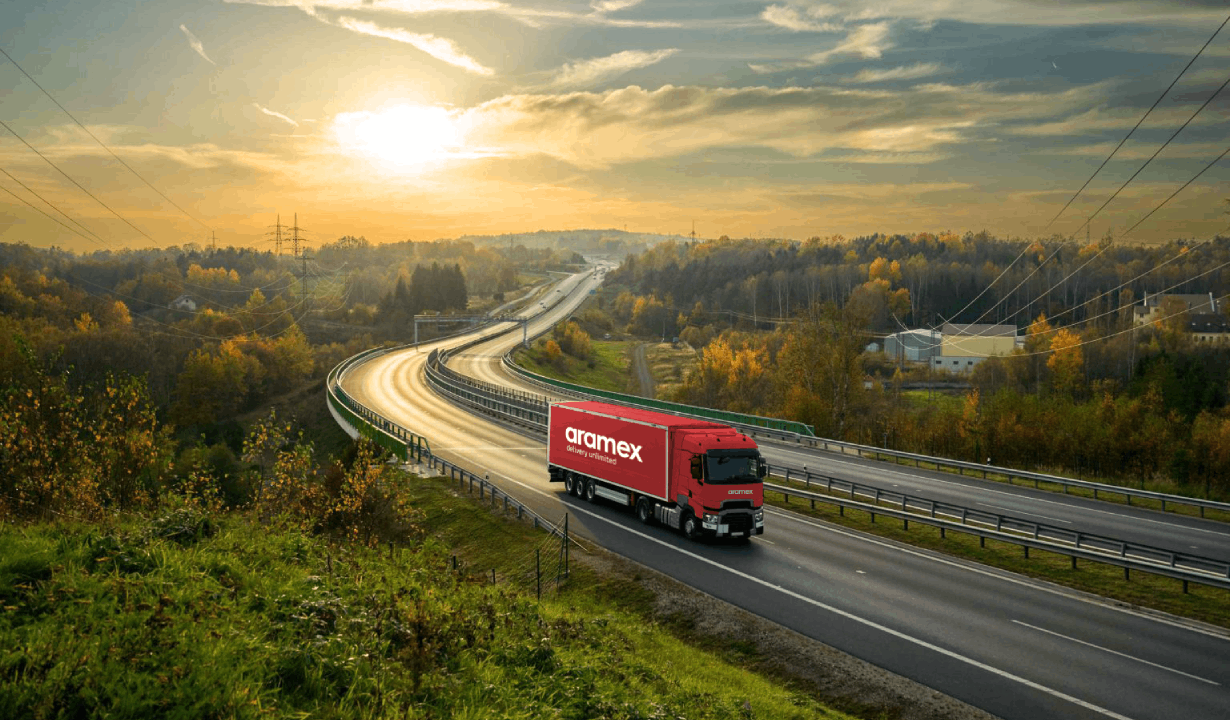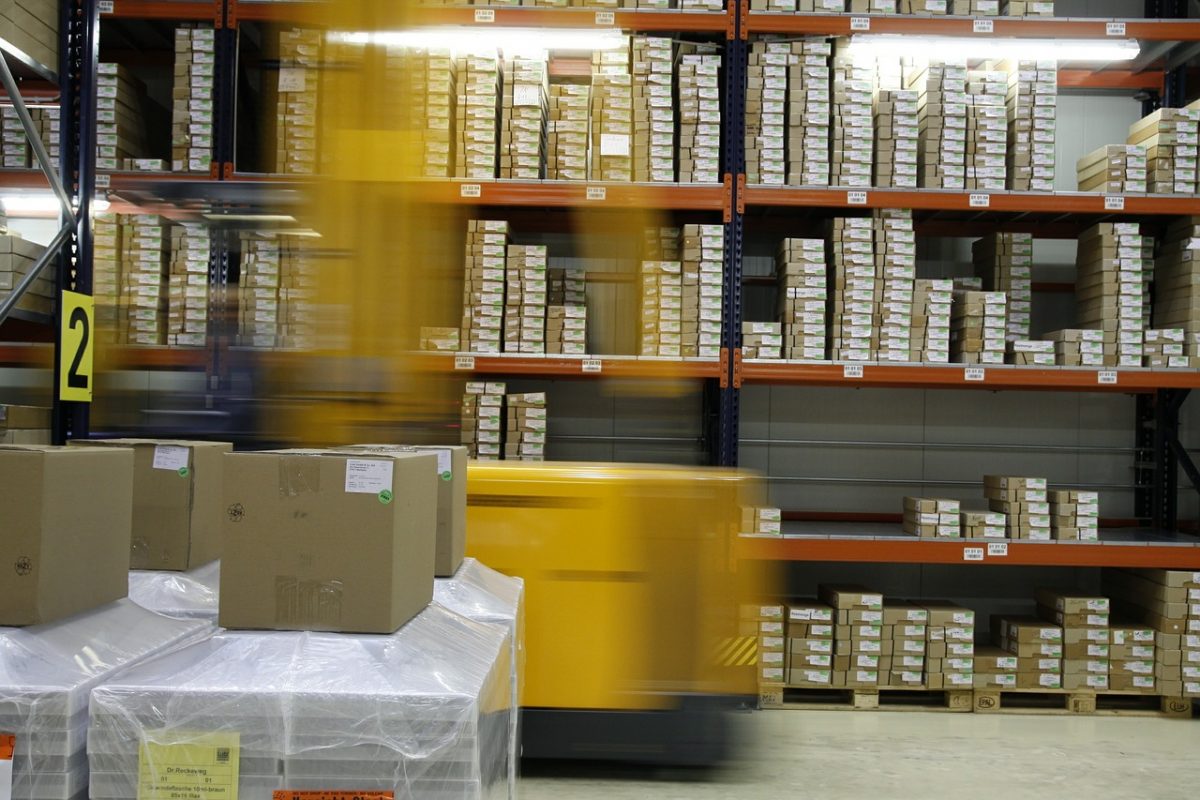
Aramex
Top Company Values
Set Net-Zero Carbon Emissions Target
Towards a net-zero future.
Aramex has set a net-zero carbon emissions target for 2040. This target is aligned with the Paris Agreement, which aims to limit global warming to well below 2 degrees Celsius above pre-industrial levels.
Aramex is committed to reducing its greenhouse gas emissions across its entire value chain. This means that the company is looking to reduce emissions from all aspects of its operations, including its own facilities, its transportation network, and the goods it transports.
To achieve this goal, Aramex is investing in a number of initiatives. These initiatives include investing in renewable energy, such as solar and wind power, improving energy efficiency in its operations, switching to more sustainable fuels, and offsetting its remaining emissions.
Aramex is also working with its partners to reduce emissions. For example, the company is working with airlines to improve the fuel efficiency of their aircraft. And Aramex is working with its suppliers to reduce the carbon footprint of the goods they produce.

Set Carbon Neutrality Target
Delivering on a sustainable future.
Aramex has set a target of achieving carbon neutrality by 2040. This means that the company aims to reduce its greenhouse gas emissions to zero, and to offset any remaining emissions.
Aramex is taking a number of steps to reduce its emissions. The company is investing in renewable energy, such as solar and wind power. It is also improving the energy efficiency of its operations, and switching to more sustainable fuels. In addition, Aramex is working with its partners to reduce emissions across its entire value chain.
For example, in 2021, the company installed solar panels at its headquarters in Dubai. These panels generate enough electricity to power the entire building. Aramex is also planning to invest in more renewable energy projects in the future.
The company is also improving the energy efficiency of its operations by using more efficient lighting and appliances, and by optimizing its transportation routes. In 2021, Aramex saved 10% on its energy costs by implementing these measures.
In addition, Aramex began using biodiesel in its fleet of vehicles in 2021. Biodiesel is a renewable fuel that is made from vegetable oils or animal fats. It produces fewer emissions than traditional fossil fuels.

Published modern slavery statement
Committed to a modern slavery-free supply chain.
In 2021, Aramex published its first Modern Slavery Statement, which outlines its policies and procedures for identifying and addressing modern slavery risks in its operations and supply chain.
Aramex regularly assesses its operations and supply chain to identify potential modern slavery risks. For example, Aramex looks at the types of work that are being done, the working conditions, and the wages that are being paid.
Aramex provides training to its employees on modern slavery and how to identify and report suspected cases. The training covers topics such as the different forms of modern slavery, the signs of modern slavery, and how to report suspected cases. Aramex also provides training to its suppliers on modern slavery and how to prevent it.
Aramex conducts due diligence on its suppliers to ensure that they are not involved in modern slavery. This involves reviewing the supplier's policies and procedures, as well as conducting on-site inspections. Aramex also requires its suppliers to provide it with information about their supply chains so that Aramex can assess the risk of modern slavery in those supply chains.
Aramex monitors its operations and supply chain for signs of modern slavery. This involves looking for red flags, such as forced labor, child labor, and debt bondage. If Aramex identifies any potential cases of modern slavery, it investigates those cases and takes appropriate action.
Aramex is a member of the ETI, which is a global network of companies working to promote ethical trade. The ETI has a set of principles that companies can sign up to, which help to ensure that they are taking steps to prevent modern slavery. Aramex is committed to complying with the ETI's principles.
Aramex is a partner of the Walk Free Foundation, which is an organization that works to end modern slavery. The Walk Free Foundation has developed a tool called the Trafficking Risk Index, which helps companies to assess their risk of being involved in modern slavery. Aramex uses the Trafficking Risk Index to assess its own risk of being involved in modern slavery and to identify areas where it can improve its anti-slavery practices.

Actively manages ethical and sustainability standards in its supply chain
Actively manages ethical and sustainability standards in its supply chain.
In 2017, Aramex launched its Sustainability Roadmap, which outlines its goals for reducing its environmental impact and improving the social and economic conditions of its employees and suppliers.
One of the key areas of focus for Aramex is ensuring that its supply chain is free from forced labor and child labor. The company has a zero-tolerance policy for these practices, and it conducts regular audits of its suppliers to ensure compliance.
In addition to its work to prevent forced labor and child labor, Aramex is also committed to providing its employees and suppliers with fair wages and safe working conditions. The company has a number of programs in place to promote these goals, including a code of conduct for suppliers, a whistleblowing hotline, and training programs for employees.
In addition to its work to prevent forced labor and child labor, Aramex is also committed to providing its employees and suppliers with fair wages and safe working conditions. The company has a number of programs in place to promote these goals, including a code of conduct for suppliers, a whistleblowing hotline, and training programs for employees.

All members of key board committees are independent
Independent board committees for strong corporate governance.
Aramex is committed to corporate governance, which is the set of rules and processes that a company follows to ensure that it is managed in a fair, transparent, and accountable manner. One of the ways Aramex demonstrates this commitment is by ensuring that all members of key board committees are independent. This means that these members are not involved in the day-to-day operations of the company, and they have no financial or personal ties to any of the company's executives.
Aramex has a number of policies and procedures in place to ensure the independence of its board committees. For example, the committees are required to have a majority of independent members, and the chairman of each committee must also be an independent member. Additionally, the committees are required to meet regularly and to discuss a variety of topics, including the company's financial performance, its strategic direction, and its compliance with applicable laws and regulations.
The independence of Aramex's board committees is essential to the company's overall corporate governance framework. These committees play a vital role in overseeing the company's management, and they help to ensure that the company is operating in a fair and transparent manner.

Values
Set Net-Zero Carbon Emissions Target
Set Carbon Neutrality Target
Published modern slavery statement
Actively manages ethical and sustainability standards in its supply chain
All members of key board committees are independent
Company Properties
Trading for 30+ year
Locations
Asia HQ
Resources
Transport / Logistics
Offerings at Aramex
by  Aramex
Aramex
Transport / Logistics Shipping just got easier with our solutions for entrepreneurs that are starting up, social sellers and everyone else.
Supplies to Every Continent
by  Aramex
Aramex
Certification
FDA CCP
Service Provider
by  Aramex
Aramex
Transport / Logistics ClickToShip is a Smart Shipping Software that automates shipment preparations and pick‐up requests, calculates shipping rates, tracks shipments and manages your shipping addresses.
Supplies to Every Continent
by  Aramex
Aramex
Certification
FDA CCP
Service Provider
by  Aramex
Aramex
Transport / Logistics Through Drop and Ship, Aramex provides you with a dedicated forwarding import box. Simply ask your suppliers to ship domestically to your Drop and Ship box and Aramex will forward your packages to your doorstep.
Supplies to Every Continent
by  Aramex
Aramex
Certification
FDA CCP
Service Provider
Get new company profiles every week!
